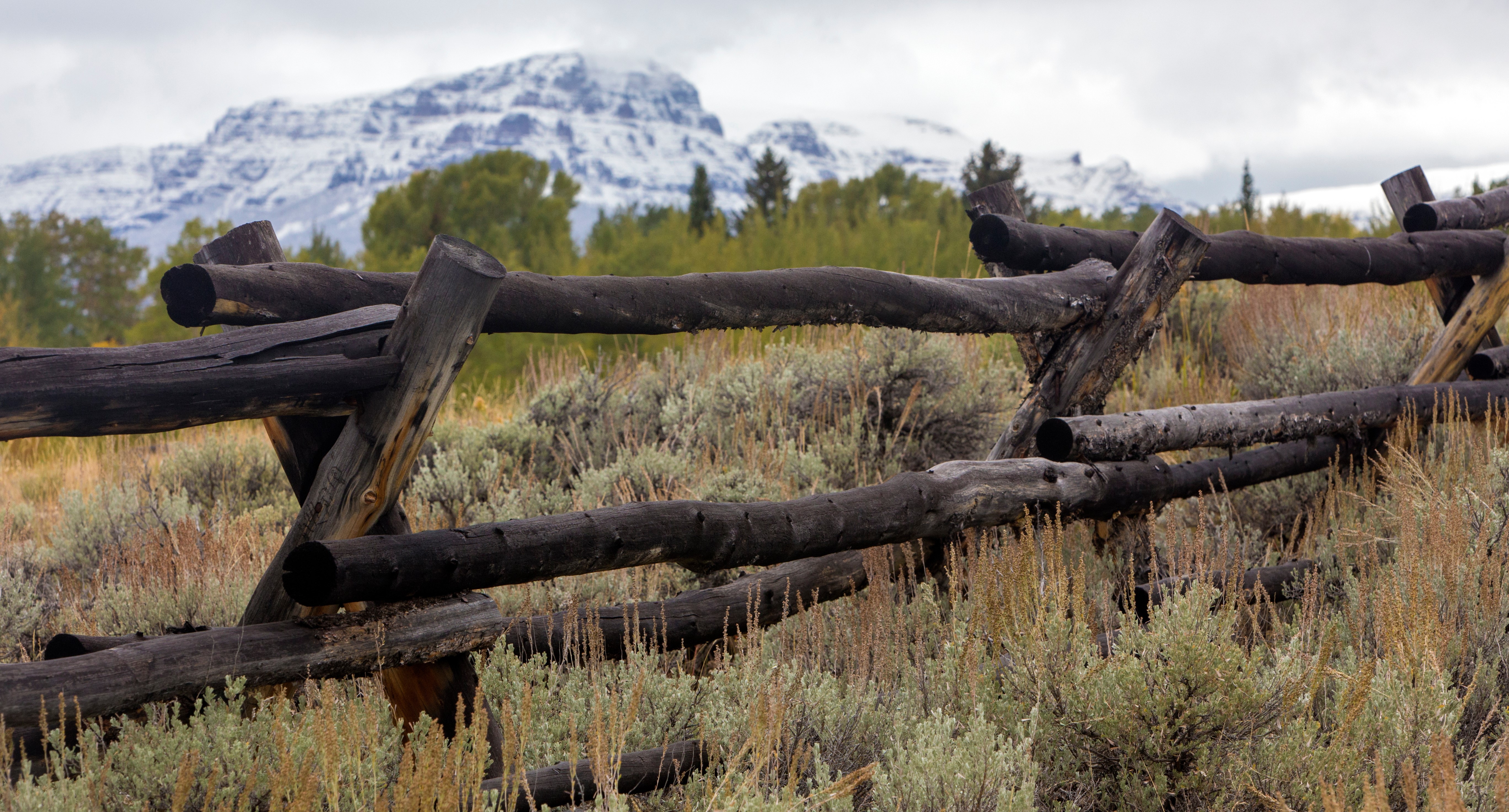For the ranchers who hold the 22,000 grazing permits across the West, the Farm Bill provides important legislative tools in their work to provide high quality beef, lamb, and wool – all while caretaking millions of acres of public land private land. PLC believes the Farm Bill must empower permittees as partners in conservation, leverage grazing as a landscape management tool, and take aggressive action on the wildfire crisis that is degrading our public rangelands and forests.
Farm Bills have long recognized the value of grazing on private land to address environmental concerns like invasive species, loss of wildlife habitat, and buildup of wildfire fuels. The Farm Bill must recognize that public lands grazing provides the same benefits across the West, too. In many places, grazing is the only tool that can effectively address ecosystem challenges at scale when other mechanical and chemical tools can't be applied across these dynamic landscapes.
PLC Farm Bill Priorities
Elevate grazing’s role as a key management tool before, during, and after wildfire. Agencies should be directed to use grazing as a front-line tool for fuels mitigation and fire rehab, and work with permittees to address infrastructure needs to make landscapes more resilient.
Recognize grazing as a climate smart, cost effective conservation practice. Grazing should be able to use streamlined NEPA and other expedited tools to address landscape threats like invasive species, as well as be included in collaborative stewardship programs that support agroforestry.
Safeguard key tools that safeguard industry integrity. Grazing permittees are important parts of the national supply chains for beef, lamb, and wool, and need stable programs that work for the full industry. Bolstering programs producers use in emergencies for indemnity and forage, as well as investments in animal health vaccine supplies and research are worthwhile investments.
